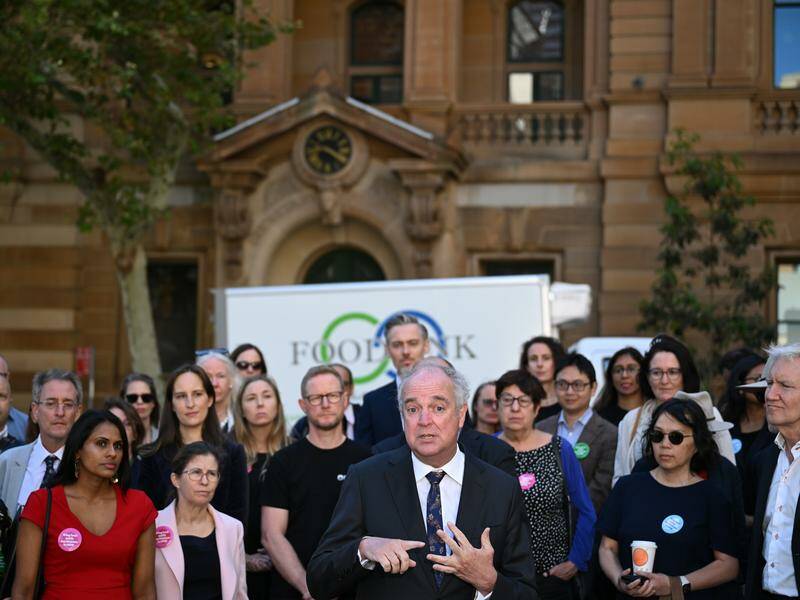
UPDATE: Psychiatrists in New South Wales (NSW) are receiving a crucial 20 percent pay increase effective immediately, following alarming staff shortages that have crippled the public mental health system. This temporary pay bump, awarded by the NSW Industrial Relations Commission on Friday, aims to attract and retain specialists amid a crisis that has seen more than 200 psychiatrists threaten to resign, with over 60 actually leaving their positions.
The decision comes as a direct response to an acute shortage of psychiatric staff, which has led to a decline in the quality of mental health care provided in NSW. Commission Vice President David Chin stated, “There is an acute shortage of psychiatry staff specialists… which is causing a deterioration in the quality of public healthcare delivered in NSW.” The allowance will last for 12 months and will be included in future salary reviews.
This urgent measure follows the alarming reality that over 140 of the 433 public hospital psychiatrist roles in the state were already vacant prior to the mass resignations. The government has recognized the underfunding in the mental health sector but has resisted calls for a more substantial one-off pay increase of 25 percent from the psychiatrists’ union, arguing that salaries were already competitive compared to other health workers.
The financial strain on the public health system has been severe, with more than $43 million spent on recruiting locum doctors in the past two financial years. Mental health services are now resorting to subcontracting psychiatric care, leading to patients with mental health issues being placed in general wards due to a lack of appropriate facilities.
Mental Health Minister Rose Jackson acknowledged the commission’s decision would be implemented swiftly, although she noted that no specific funding had been allocated in the state budget to cover the costs. “We will have to make provision for that and manage that once the commission has made a determination,” she stated during an August budget estimates hearing.
This situation is critical for the public health system, as the shortage of psychiatrists not only affects the professionals but also the vulnerable patients relying on mental health care. With the ongoing challenges, the future of mental health services in NSW hangs in the balance, and immediate attention is needed.
As developments unfold, the mental health community and the public will be watching closely for further actions from the government and the commission. This urgent pay adjustment is a step, but whether it will be enough to stabilize the sector remains to be seen.






